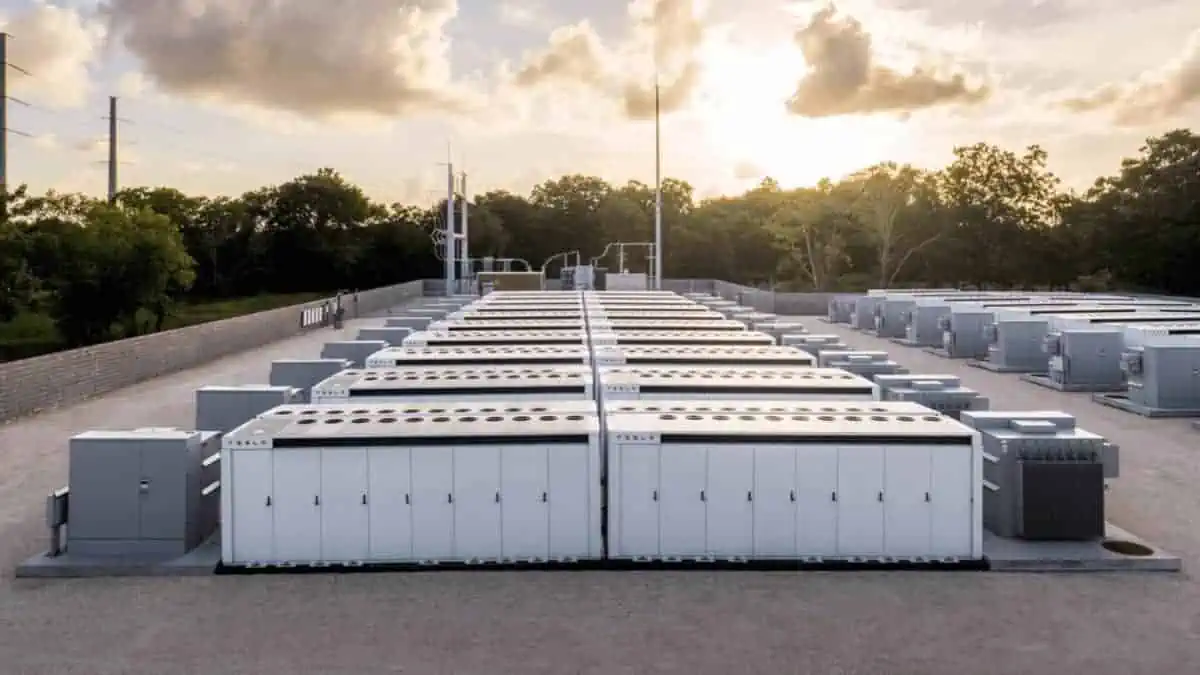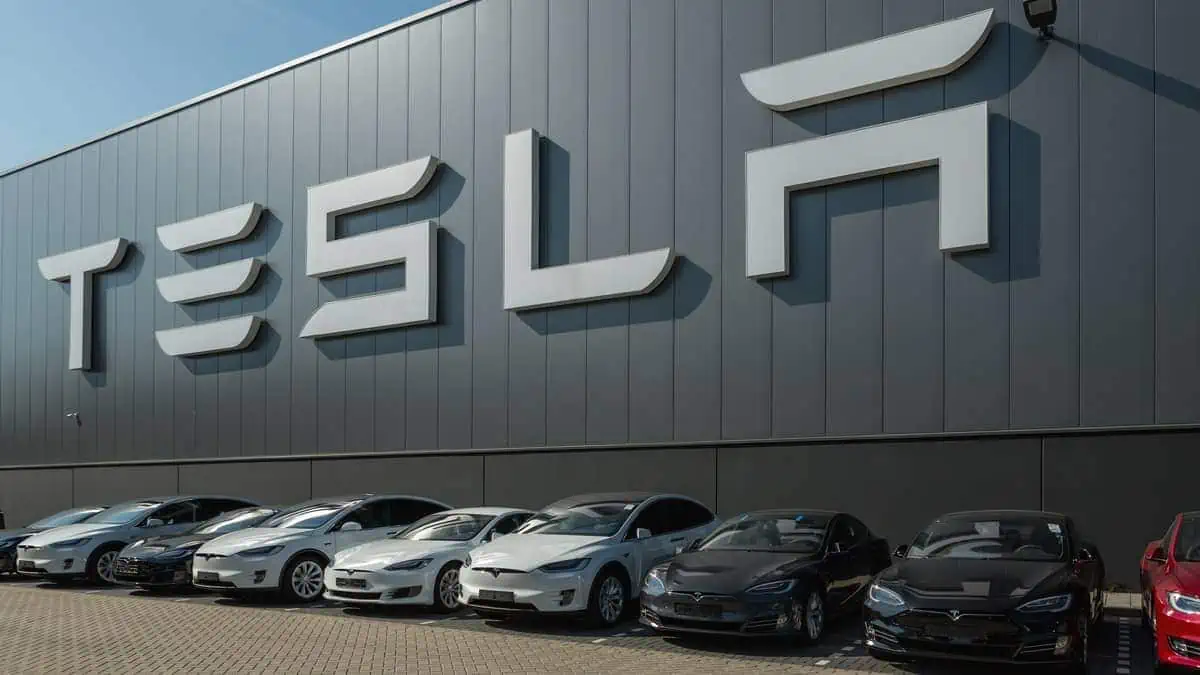Clean energy advocate Tesla, through its energy business unit, has just secured another major deal in Europe. Tesla Megapacks will power the “largest battery energy storage system” (BESS) in France.
Tesla scores deal to supply Megapacks in France
According to the press release, British battery storage developer Harmony Energy tapped Tesla Energy for Megapack supplies to power its planned enormous BESS project in France.
Harmony Energy’s undertaking, dubbed “Project Chevire,” significantly advances France’s adoption of clean energy as it will be the first of its kind to use large-scale 2-hour batteries in the country.
Project details
Harmony Energy officially kicked off construction works for Project Chevire as outlined in the official press release on Thursday.
The BESS project, featuring 100 MW / 200 MWh large-scale renewable energy infrastructure, will rise in a former Cheviré power station site in Nantes Saint-Nazaire Harbour.
As mentioned, it will leverage Tesla’s innovative Megapack to store enormous amounts of energy. The 2-hour Tesla Megapack can enable the project to generate enough energy to support over 170,000 homes for a couple of hours.
It will also use Tesla’s Autobidder platform, a real-time trading system, to help maximize operator revenue over time.
Paving the way for France’s ambitious clean energy goals
Harmony Energy aims to complete the project development, including electrical grid integration, next summer.
It expects Project Chevire to achieve full operation by the end of 2025, significantly advancing France’s ambitious clean energy targets. For context, the project site was originally a coal, gas, and oil power station from 1954 to 1986.
“Developing and operating vital battery energy storage facilities across France, will lead to enhanced energy security, more affordable energy bills, and the decarbonisation of the grid. We are excited to commence building works on our first project.”
Andy Symonds, Harmony Energy France CEO
The Project Chevire primarily seeks to offer “critical balancing services” to the domestic electricity grid network, potentially accelerating the country’s shift to renewable energy. France aims to reduce its greenhouse gas (GHG) emissions by 36% compared to 2005 under its 2030 target, aligning with its goals to achieve carbon neutrality by 2050.






